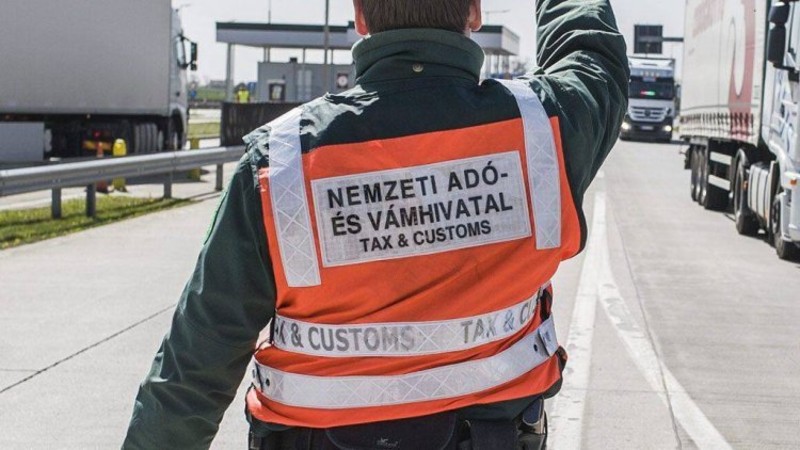Hungary Joins Global Crypto-Asset Reporting: What Changes in 2026?

The Hungarian Parliament is currently considering a new legislative proposal that could bring significant changes in the transparency of cryptocurrency transactions. This proposal, submitted by Deputy Prime Minister Dr. Zsolt Semjén on behalf of the government, and presented by Minister of the National Economy Márton Nagy, aims to legally declare Hungary’s commitment to the multilateral international agreement on crypto-asset data reporting. Lets discuss the key information of T/12489. submission which was proposed on 4th September 2025.
This aligns Hungary with a global effort led by the OECD and G20 to enforce automatic information exchange regarding crypto transactions. Under the proposed law, crypto service providers will be required to report detailed transaction data to tax authorities, enhancing transparency and cooperation across participating countries. The move marks a key step toward regulating the crypto market with an international standard framework for reporting and oversight.
International Crypto Transparency Initiative
Hungary introduced a legislative proposal in September 2025 to enforce automatic information exchange on crypto-asset transactions, based on the OECD and G20’s Crypto-Asset Reporting Framework (CARF). This global initiative expands on the existing Common Reporting Standard (CRS) for banking, requiring crypto service providers—such as exchanges and brokers—to collect and report detailed transaction and customer data to local tax authorities. The objective is to close tax loopholes, enhance financial transparency, and facilitate cooperation among participating countries, which already include financial hubs like the UK, Switzerland, Singapore, and many others.
Key Requirements for Service Providers
Under the new Hungarian law, crypto-asset service providers will have to submit information such as customer names, addresses, tax identification numbers, transaction types (buy, sell, convert, transfer), and details about exchanges involving substantial sums. Both domestic and foreign providers—if operating in CARF-participating countries—are covered by the rules. Self-custodial wallets (where the user controls the private keys) are largely exempt, except when interacting with regulated providers such as exchanges. Reporting obligations begin January 1, 2026, with the first required data submission by service providers to authorities set for 2027, covering transactions in 2026.
Implications for Hungarian Users and Market
Hungarian crypto users who previously relied on opaque reporting procedures will face new scrutiny, with NAV (the national tax authority) gaining direct access to exchange-based transaction data from both domestic and many international platforms. Market experts highlight this will improve declared income rates and reduce tax avoidance, while also imposing new compliance burdens on service providers.
According to OECD Secretary-General Mathias Cormann:
“This co‑ordinated international action on crypto-assets is a major step forward, marking another important milestone towards a widespread and co-ordinated approach to combat tax evasion through greater transparency and exchange of information.”
Outlook and Broader Impact
Hungary’s CARF adoption signals a robust shift towards global regulatory harmonization in crypto-asset reporting, diminishing the grey area for anonymous crypto activity. As more jurisdictions join, market participants can expect stringent oversight but potentially a more legitimate and stable environment for investment and innovation. For now, Hungarian users should prepare for increased data collection and reporting from crypto exchanges, marking the arrival of crypto taxation into mainstream financial transparency frameworks.